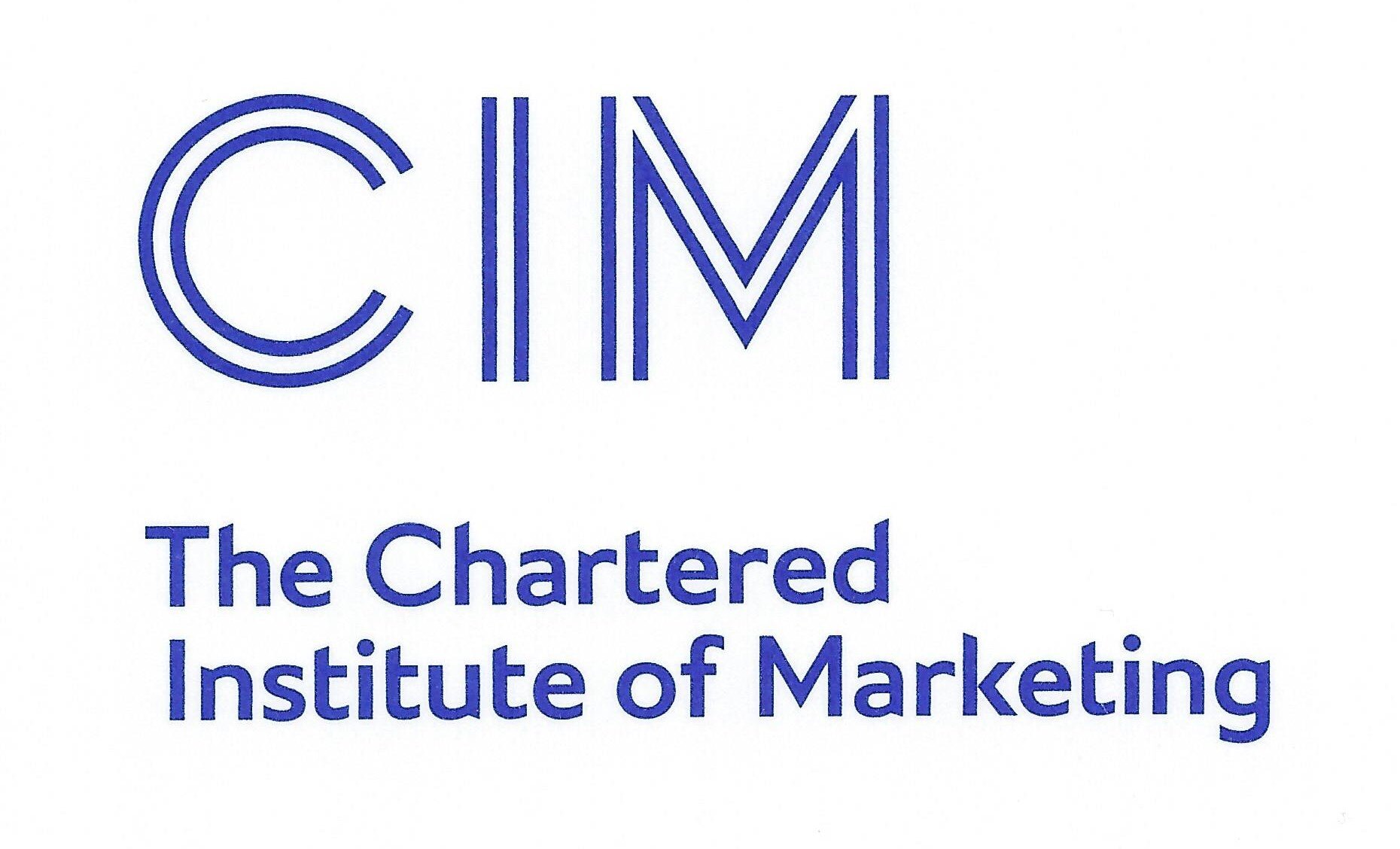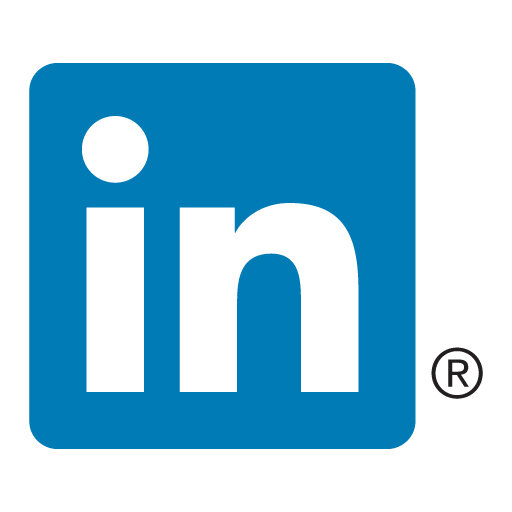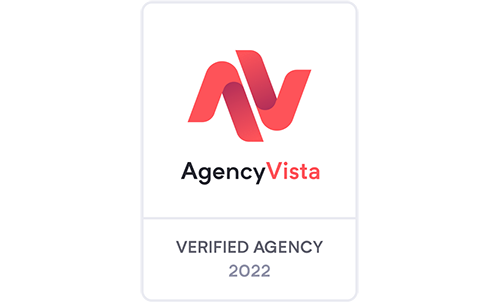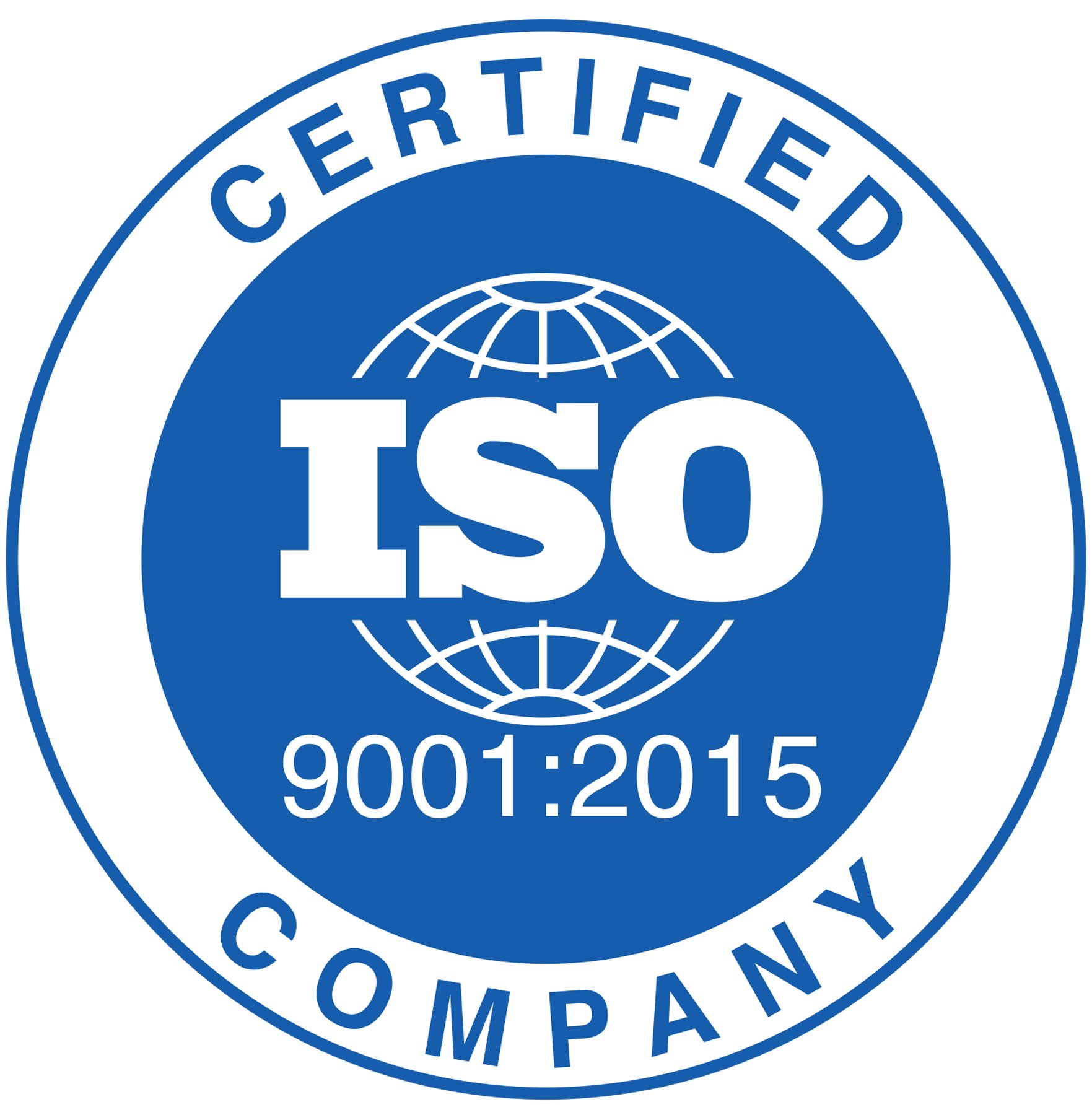How to Turn Your Local Business into an Online Star:
Have you just opened a business in town, or are you already an entrepreneur but still wondering how to make your business more visible online?
If you want people to learn about your products and services and make your business the local star, you've come to the right place!
Here’s a simple Local SEO guide that will help you grab the attention of nearby customers and boost your online visibility.
Let’s dive in and show you how Local SEO can work wonders for your business!
1. Google Business – A Strong Start
The first thing you need to do? Set up and optimize your Google Business profile.
Think of it as a digital business card. When someone searches for "great restaurant in Brașov" or "barbershop in Timișoara" on Google, you want to be there, at the top of the search results, right?
How to create and optimize your Google Business profile for Local SEO:
Go to Google Business and create a free account.
Fill in all essential information: your business name, address, phone number, website, and operating hours.
Add relevant categories for your business (e.g., "Italian restaurant" or "hair salon").
Include high-quality images: photos of your location, products, or services.
Respond to reviews: Interact with customers who leave reviews, whether positive or negative. This shows you care about their opinions. (Keep reading for more tips on reviews below.)
A well-completed and active profile will help you appear higher in search results when someone is looking for a business like yours in the area. And no, it’s not enough to set it up just once—you need to update it regularly (especially the operating hours), add photos periodically from your location, even the menu if it’s a restaurant, or a price list if you run a service-based business.
If you have a trendy café in Bucharest, post pictures of that artisanal coffee that everyone is sharing on Instagram. And if you’re a barber, upload photos of the fresh haircuts you’re giving.
Show them what you've got!
2. Local Keywords – More Than Just Words
Now that your Google Business profile is set, you need to make sure your website is optimized for local searches too. This is where a well-thought-out SEO strategy based on local keywords comes into play. Yes, what you say on your website is important, but so is how you say it.
How to use local keywords:
Include the city or region in page titles, content, and meta descriptions. For example, if you own a clothing store in Timișoara, you can use general keywords like "clothing store Timișoara" or more specific ones like "evening dresses Timișoara."
Write content specific to your location. The best way to do this is through a blog. You can create articles like "The best shopping spots in Timișoara" or "5 types of evening dresses for this summer’s weddings" / "What colors can men wear to weddings?" / "What color should the godmother’s dress be?" / "3 types of shoes every woman should have in her wardrobe." This way, you create helpful, educational content for your target audience that serves both your SEO strategy by incorporating relevant keywords to bring traffic to your site, and positions you as a trusted brand in your field with knowledgeable staff who can offer buying advice.
Mention the areas you serve on your website. If you deliver products or offer services in a particular neighborhood or geographic area, make sure to mention this information right on the homepage.
When someone searches for "auto repair service Târgu Mureș" on Google, make sure your site clearly states that they can find you there. The more details, the better your chances of attracting local customers!
3. Reviews – Gold for Local SEO
Reviews are like a blend of word-of-mouth marketing and SEO. When your customers share their positive (or negative) experiences, Google takes note. If your business has lots of good reviews, you’re more likely to rank higher in local searches.
How to get reviews?
It’s simple—ask for them! After providing a service, ask your customer to leave a review. It doesn’t have to be awkward—just let them know how much a sincere opinion on Google would help you. If this doesn’t improve the number of reviews over time, consider offering something in return (a small discount) for a genuine review.
Make it easy for them: send a direct link to your Google Business profile.
Respond to reviews, whether positive or less than stellar. This shows you care and are active. For negative reviews, it’s best to take the conversation offline and find out more about the customer’s negative experience—this way, they’ll feel heard, and you’ll learn something from it.
Example: If you run a nail salon, ask your clients to leave a few words about your services. Not only will this attract more clients, but Google will also notice and increase your salon's visibility in local searches.
4. NAP – No, It’s Not About Sleeping!
NAP stands for Name, Address, and Phone number, and it’s crucial that this information is consistent across the web. In short, Google loves consistency! If your business name, address, or phone number varies from one platform to another, the search engine might get confused, which means less visibility for you.
What should you do?
Check that your NAP is the same across all platforms: Google Business, Facebook, Instagram, TikTok, your website, and local directories.
Make sure the information is correct and up to date. The last thing you want is for people to call the wrong number or show up at an address you left two years ago!
5. Local Backlinks – Neighborhood Friends Can Help
Getting local backlinks is like building a network of friends who talk about you in town. When other local websites link to yours, Google notices and considers you important in your community.
How to get local backlinks?
Partner with local businesses and suggest reciprocal links. For example, if you own a bike shop, collaborate with a local sports store and recommend each other.
Get involved in local events and ask to be mentioned on the event websites.
Include local press.
Example: If you own a restaurant in Iași, host local events and ask the organizers to include a link to your site on their pages. It’s an easy way to boost your local authority.
6. Monitor and Adjust
Local SEO isn’t something you do once and forget. It’s important to monitor performance and adjust your SEO strategy over time.
How to monitor Local SEO:
Use Google Search Console to see what keywords are bringing people to your site—based on their relevance and the traffic they generate, you'll know which keywords to focus on when creating content for your blog.
Use Google Analytics to see how visitors interact with your site (how much time they spend on the site, how many pages they access), as well as which devices they use to access the site and their age demographics.
Track reviews and customer feedback to see how you can improve the overall experience.
Be flexible and ready to adapt your keywords, content, and strategies based on what works best.
P.S. Don’t forget about social media – visibility matters!
In addition to optimizing for local searches through Local SEO, it’s essential not to neglect your presence on social media.
Whether it's Facebook, Instagram, TikTok, or LinkedIn, each platform offers an opportunity to make your business visible to a wider audience and engage directly with customers.
Through consistent and relevant posts, you have the chance to maintain a strong connection with your audience, respond to their questions, and promote your products or services effectively.
Now that you know how to use Local SEO to turn your business into the star of the town, it’s time to take action! And if you feel like you need help shaping a content strategy optimized for SEO, you can always turn to a digital marketing agency with experience and proven results. You can rely on us not just for one service but for the entire package needed for your marketing engine—from strategy, to digital implementation, or website/media production.
If you’re curious to learn more about building a strong online presence, we invite you to explore other useful resources on the Marketiu blog.
Read the following articles for more information:
How to Start an SEO Strategy if You Want to Do It Yourself
Must-Have SEO Tools
Don’t miss these guides and start turning your business into a strong, visible, and successful brand!
